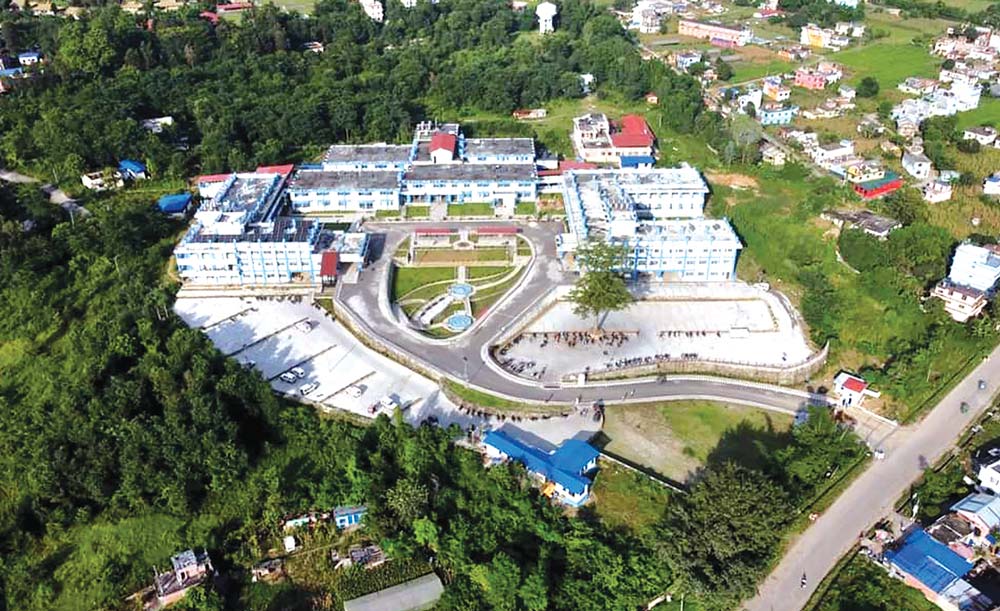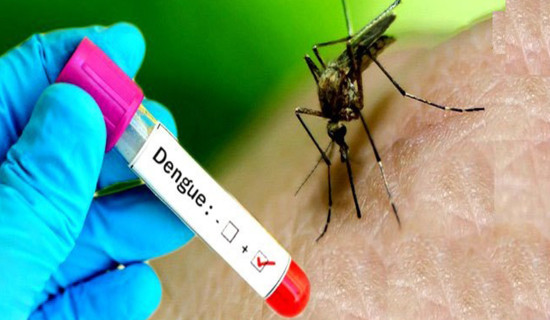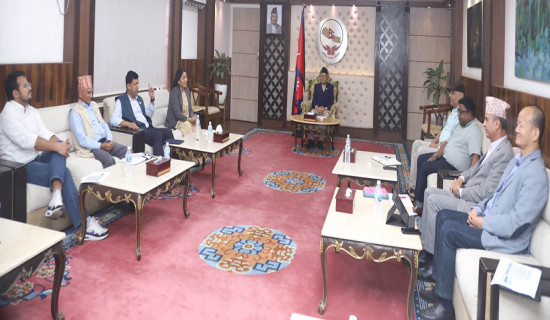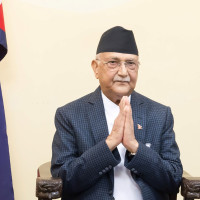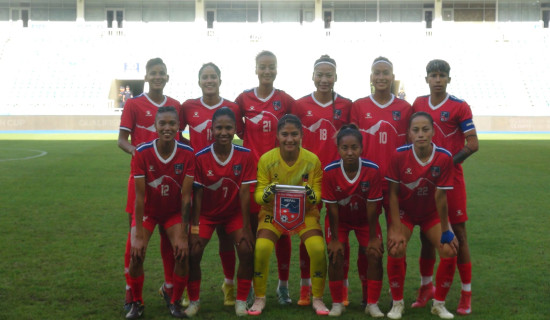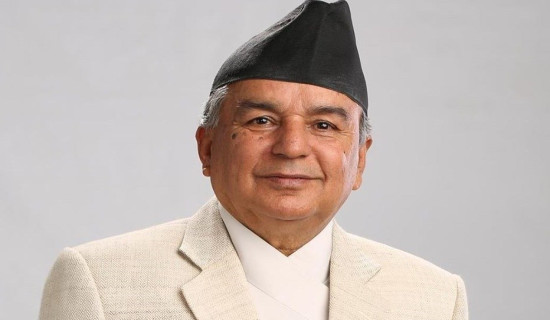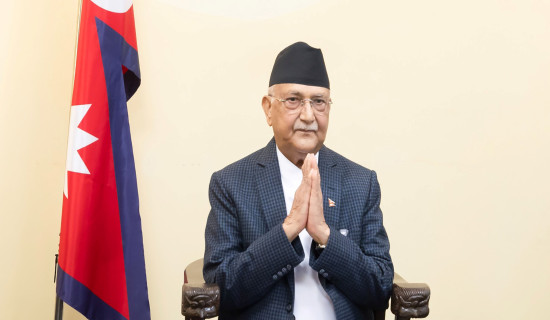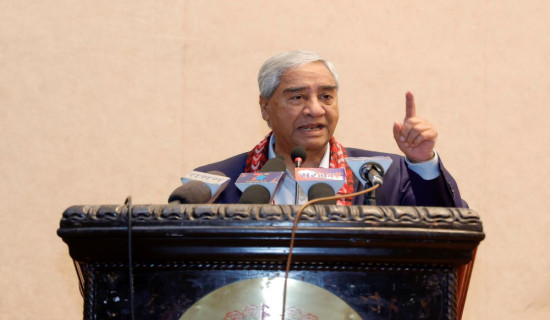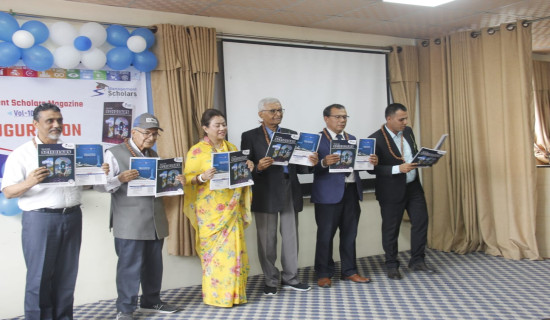- Sunday, 6 July 2025
Karnali Hospital among best in infrastructure
By Our Correspondent , Surkhet, Feb.20: Karnali Provincial Hospital has become one of the best in the country in terms of physical infrastructure. Despite being upgraded from a district hospital to a regional one, it faced challenges in receiving adequate funding from the state.
Even after undergoing various reforms and variations in titles, the hospital did not receive sufficient investment from the government. However, significant progress was made in upgrading the facility from a health centre to a district hospital in 2029 BS and further to a regional hospital in 2049 BS.
After the upgradation of the hospital as regional one, it began operating from the building of the former health training centre. Due to weak physical infrastructure, lack of necessary manpower, and shortage of medical equipment, the hospital remained as it was for a long time. The significant transformation was not seen even until the 2060 BS.
However, in recent years, significant improvements have been made, especially with the completion of a new building in May 2016 and the beginning of outpatient services. The influx of patients has been increasing gradually since then. Additionally, two prefabricated buildings were constructed to operate maternity and ICU/CCU services. According to the hospital director, Dr. Dambar Khadka, the hospital has made remarkable progress in terms of infrastructure and service delivery. The hospital's services have been expanded, and it has become a reliable provider of healthcare facilities to the people of Karnali Province and neighbouring areas.
Dr. Khadka emphasised the importance of leadership and external support in the development of the hospital. He mentioned that while individual efforts are crucial for development, collective support from both government and non-governmental organisations is equally vital. The hospital now boasts modern equipment and facilities, thanks to the collaboration of various stakeholders.
Dr. Khadka also highlighted the need for reforms within the hospital, including training for medical professionals and establishing a conducive environment for both patients and staff.
Moreover, the hospital has expanded its services to include complex treatments such as hip replacement, neurosurgery, spinal surgery, heart disease and trauma care. This has greatly enhanced healthcare accessibility for the residents of Karnali Province. According to Dr. Khadka, plans are underway to establish the hospital as a medical institute, which will further contribute to its development and prosperity.
Despite facing challenges such as a shortage of medical professionals, the hospital has been granted approval to recruit 75 doctors, including 50 consultants and 25 medical/dental officers. Last year, the hospital received support for the recruitment of 517 healthcare workers and staff, including permanent, contractual, and scholarship positions.
“We want to develop the provincial hospital into an academy of health sciences,” said Khadka. Accordingly, the work has already been started, he added.
Khadka believes that the scope of development and prosperity of the hospital can be further widened if it is upgraded to an academy. The establishment of a medical institute is aimed to further enhance the hospital's development and broaden the scope of healthcare services.
Dr. Khadka said that with the introduction of MD/MS courses and nursing programmes, specialised manpower will be available and, further enrich the hospital's capabilities.

